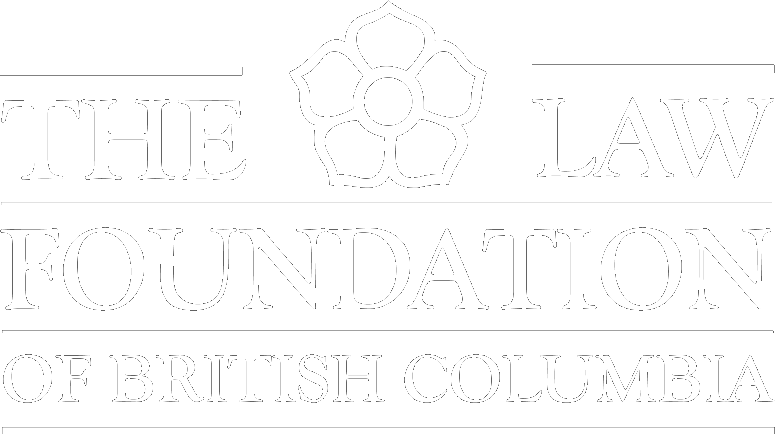News Release: Prisoners without immigration status in Canada win human rights
Prisoners’ Legal Services – Burnaby BC – October 22, 2018
On October 18, 2018, the Federal Court of Appeal decided that federal prisoners without immigration status in Canada are protected by the Canadian Human Rights Act.
The Act protects the human rights of individuals who are “lawfully present in Canada”. A previous decision of the Federal Court of Appeal found that prisoners must have immigration status in Canada to be protected by the Act. Thursday’s decision finds that the previous decision was wrongly decided, and acknowledges that individuals who are serving sentences in Canadian prisons are lawfully present in Canada, and are protected by human rights law.
Prisoners’ Legal Services represented Kien Beng Tan in the case. Mr. Tan is a federal prisoner who is a citizen of Malaysia and a practicing Buddhist. He filed a human rights complaint when he and others were denied access to minority faith chaplains in prison. The Canadian Human Rights Commission refused to consider his complaint because it considered him not to be lawfully present in Canada.
The Honourable Justice Rennie wrote the majority decision. He found that Mr. Tan is lawfully present in Canada because he is serving a sentence to a term of imprisonment in Canada, which is authorized by the Criminal Code and theCorrections and Conditional Release Act. The stay of his removal order under the Immigration and Refugee Protection Act, and the fact that his entry to Canada was authorized under the Extradition Act also indicate that his presence in Canada is lawful.
Mr. Justice Rennie departed from the previous Federal Court of Appeal decision, quoting Lord Denning for the principle that “[t]he doctrine of precedent does not compel [us] to follow the wrong path until [we] fall over the edge of a cliff”.
The Federal Court of Appeal notes that if it did not depart from the previous decision, Mr. Tan could be required to remain in prison for his entire life “under the greatest restriction of liberty and government control possible, in all aspects of life and wellbeing, yet cannot make a human rights complaint merely because he does not hold some form of immigration status and is subject to a deportation order if ever he is released.”
The court found it would create an absurd consequence to deprive a prisoner without immigration status of human rights protections, when a Canadian prisoner, could make a human rights complaint for the same discrimination, even if the former was serving a life sentence and the latter a short sentence.
“I am very glad that people who had no human rights protections in Canadian prisons now have rights. I am thankful that my case will help other people like me,” said Mr. Tan.
Fadi Yachoua, lawyer and co-founder at Embarkation Law Corporation, and Prisoners’ Legal Services Executive Director, Jennifer Metcalfe, represented Mr. Tan in the appeal.
“This is a good day for human rights in Canada. Prisoners without immigration status are some of the most vulnerable and marginalized members of our society, and now they are protected by human rights law,” said Ms. Metcalfe.
“We are thrilled that the Canadian Human Rights Act will be applied fairly going forward, and that prisoners in federal penitentiaries, be they Canadian citizens or foreign nationals, can file human rights complaints if they experience discrimination,” said Mr. Yachoua.
The federal government supported Mr. Tan’s interpretation of the Canadian Human Rights Act to include foreign national prisoners serving a sentence in Canada under its protections.
Click here to read the decision Tan v. Canada (Attorney General), 2018 FCA 186.
Prisoners’ Legal Services
302-7818 6th Street
Burnaby, BC
Tel: 604-636-0470
Fax: 604-636-0480
Email: info@pls-bc.ca

We are grateful for the
funding provided by

How to Show Your Support
Help us to continue to fight for the human rights of prisoners in BC! PLS is currently litigating the important systemic issues of the segregation of prisoners with mental disabilities, access to health care, transgender prisoner rights, and access to religion and Indigenous spirituality. We need help to continue to do this important work. Donations to West Coast Prison Justice Society are non-charitable and are not tax deductible.
Donations can be made to
West Coast Prison Justice Society
Please call us at 604-636-0470 or email us at info@pls-bc.ca if you would like to discuss your donation.
Thanks for your support!

